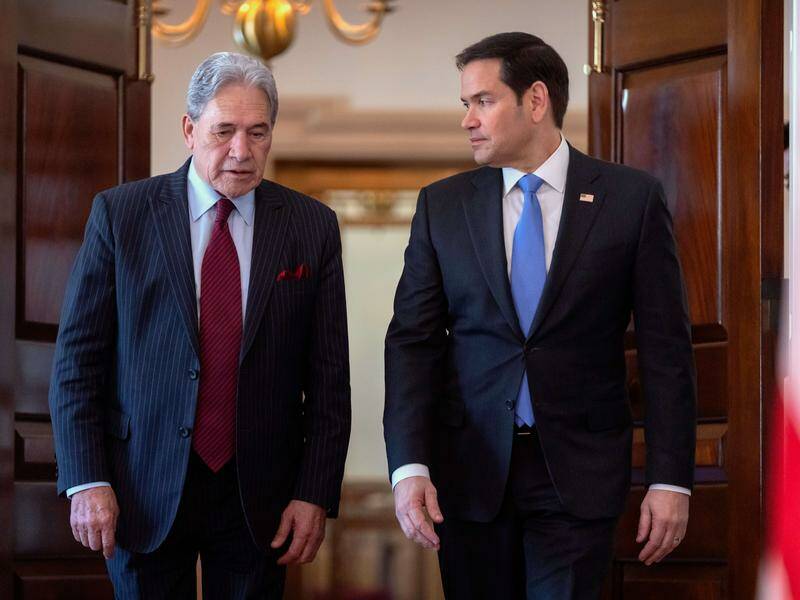New Zealand’s leaders are expressing concern and confusion after the United States launched bombing raids on Iran as part of the growing Israel-Iran conflict. These US bombings in Iran have stirred international reactions, and New Zealand’s government is treading carefully.
US Bombings in Iran Leave New Zealand Leaders Seeking Clarity
Prime Minister Chris Luxon, speaking before and after the attacks, maintained his position that military action is not the solution. “We want to see a peaceful, secure and stable Middle East,” Mr. Luxon said in an interview with Radio New Zealand. He added that New Zealand believes in dialogue and diplomacy, not more violence.
The US bombings in Iran, which targeted three facilities, were carried out under the direction of former US President Donald Trump’s administration. These bombings have added to the tension already rising due to clashes between Israel and Iran. The world is watching closely, but New Zealand is not rushing to take sides.
Instead of directly supporting the US strikes, Foreign Minister Winston Peters stated that New Zealand would only justify such actions if Iran’s nuclear threat was confirmed at a serious level. “We’d be very wise to keep our counsel and find out the facts,” he told Newstalk ZB. He made it clear that the government would require proper analysis and verified details before forming any position.
New Zealand Questions the Motive Behind US Bombings in Iran
Winston Peters, who has served as foreign minister several times in his long political career, compared the current tensions to the 1962 Cuban Missile Crisis. According to him, what is visible on the surface may not reflect the deeper danger. “The worst thing about a crisis is what you see is not always what you get,” he explained.
Philippines Expands Defence Network with New Zealand in the Wake of Growing South China Sea Threats
Peters noted the gravity of the situation and urged caution. “It could be far, far, far, far worse and that’s the tragedy we might face. We just don’t know,” he said during an interview with Radio NZ.
New Zealand has not completely stepped back from the region. Defence Minister Judith Collins has already ordered a Hercules aircraft to help evacuate citizens from the conflict zone. This move shows the government’s readiness to protect its people even while maintaining a cautious diplomatic approach.
Apart from the response to the US bombings in Iran, New Zealand is also involved in other regional security efforts. A small group of New Zealand military personnel is already working with a US-led coalition to stop Houthi missile strikes on international ships in the Red Sea. These deployments reflect New Zealand’s ongoing engagement in global peacekeeping without openly endorsing offensive actions like the recent US bombings in Iran.
Cautious Diplomacy: No Support Yet for US Bombings in Iran
During their trip to Europe for a NATO summit, both Luxon and Peters highlighted concerns about the weakening of the global rules-based system. They warned against a shift towards a world where power dictates actions instead of laws and cooperation.
Luxon reminded the global community that New Zealand does not want to see a nuclear-armed Iran. He also stated that Israel should not occupy Gaza and that Hamas must release all hostages. However, he underlined again that military solutions are not the answer. “The answer in all of those conflicts in the Middle East is dialogue and diplomacy, not military action,” he said.
In a separate announcement, New Zealand pledged $NZ16 million (around $A15 million) to help Ukraine in its ongoing war against Russia. This shows that while New Zealand supports defense efforts against invasions, it still demands a clear and strong justification for any US bombings in Iran or other aggressive military actions.
Even as the conflict in the Middle East continues to evolve, New Zealand is holding firm on its principles. The government wants proof and context before supporting strikes like the US bombings in Iran, even while contributing to global stability and humanitarian assistance.
